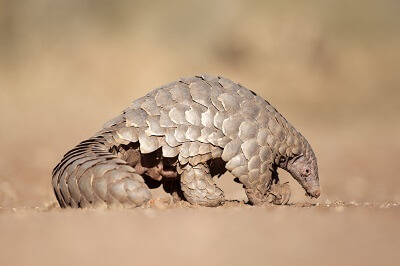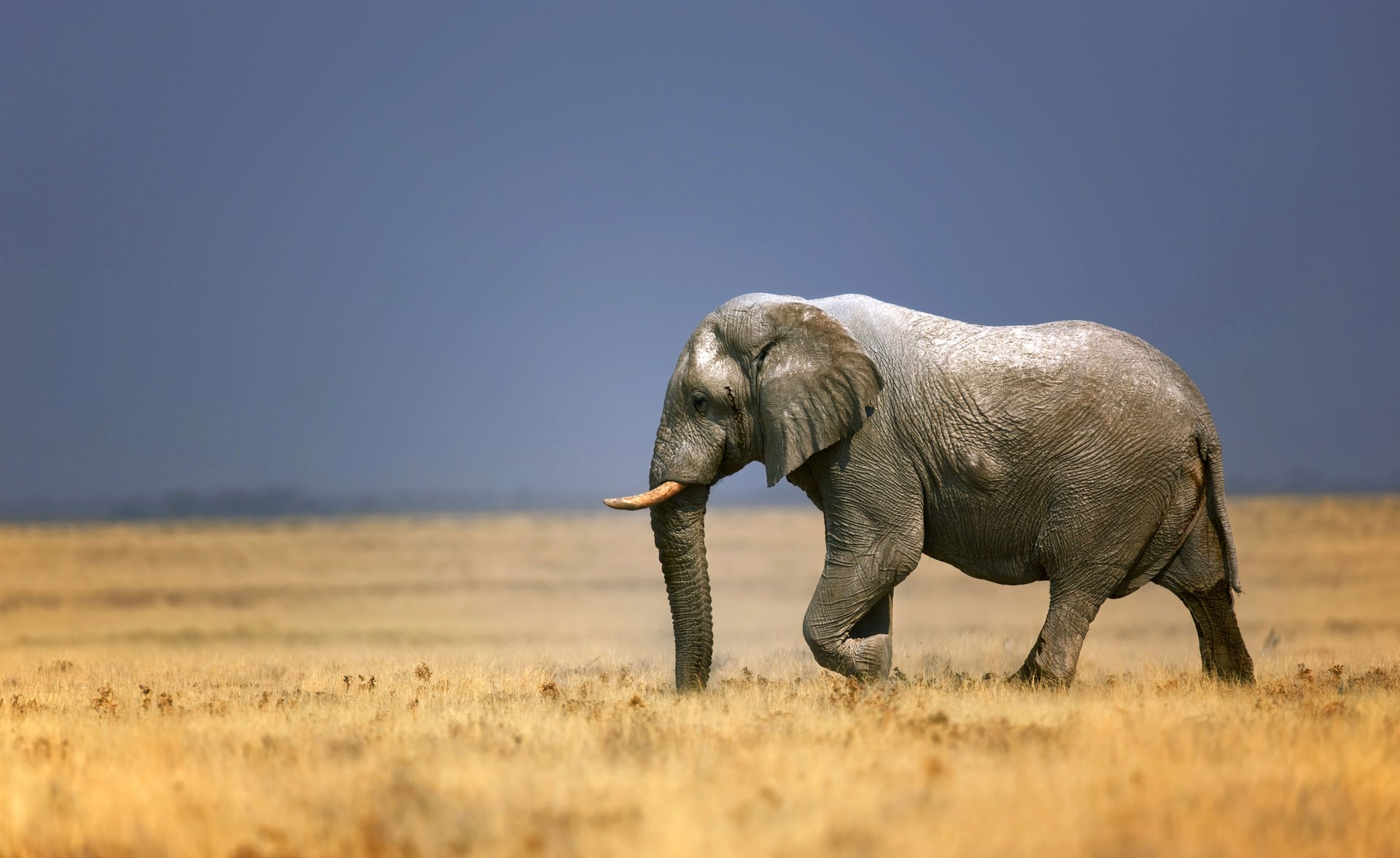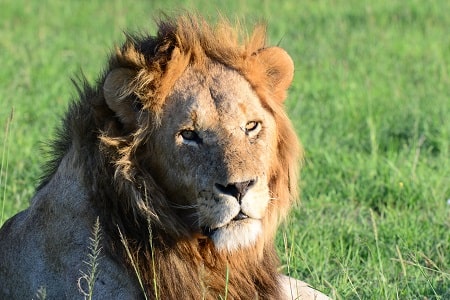Promise4Wildlife
Every day, thousands of wild animals are traded in the name of entertainment, traditional medicine and even as delicacies.
Unfortunately, wildlife trade, both legal and illegal, is encouraging the spread of diseases such as Coronavirus, damaging the conservation of wild animals through unsustainable harvesting and species loss.
If something is not done soon enough the world would have to deal with extreme zoonotic diseases and the extinction of some species such as African lions, Elephants and even Pangolins.
Don't let this happen under your watch. Give a #Promise4Wildife today and protect wild animals and the globe.

Stop commercial exploitation of wildlife
The legal trade in the ‘Big 5’ African wildlife species – the Nile crocodile, Cape fur seal, Hartmann’s mountain zebra, African elephant and the common hippo – involved 1.2 million animal skins being sold between 2011 and 2015 alone.
The legal trade in the ‘Little 5’ African species – the ball python, African grey parrot, emperor scorpion, leopard tortoise and savannah monitor lizard – led to more than 1.5 million live animals exported for the exotic pet trade between 2011 and 2015 alone.

Stop commercial exploitation of wildlife
- to see wild animal in the wild where they belong.
- to keep wild animals wild and not buy them as pets.
- to educate my friends on the importance of wild animals to the environment.

Stop commercial exploitation of wildlife
Urge your government to stop commercial exploitation of wildlife
Promise4Wildlife